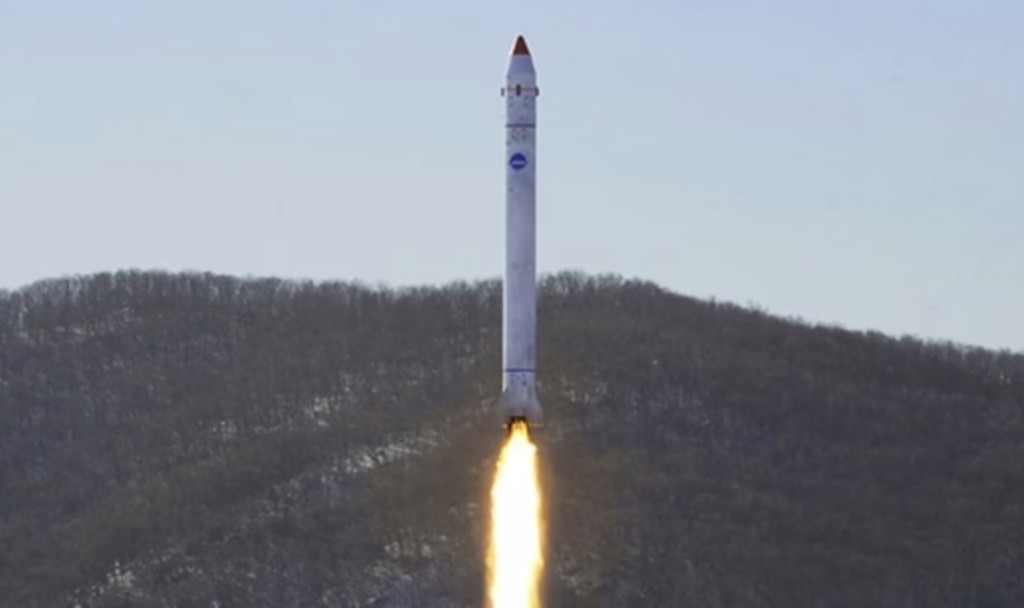The launch of a North Korean satellite has failed: the booster and the cargo crashed into the sea. South Korea's military has reportedly recovered parts of the launch vehicle from the high seas.
The North Korean state news agency - KCNA - reported that the rocket for launching the spy satellite named “Chollima-1” failed due to engine and fuel system instability. The rocket, according to the news agency, would have crashed into the sea "after losing thrust due to the abnormal start-up of the second stage engine".
North Korea has attempted to launch a satellite into space six times since 2016, only managing to put two into orbit.
Falling debris from tonight's launch has generated emergency alerts and evacuation notices in parts of South Korea and Japan.

South Korea's defense officials said the military was conducting a salvage operation to recover parts of the space launch vehicle. The military then shared images of debris pulled from the water, including a large cylindrical object tied to a buoy.

From the images released it is assumed that it was a liquid fuel rocket. A round, brown detail inside could refer to the fuel propellant tank, experts told Reuters.
North Korea said it would launch its first military reconnaissance satellite between May 31 and June 11 to strengthen monitoring of US military activities.
Last week, South Korea had put some satellites into orbit using a rocket designed and manufactured internally. China sent three astronauts to its space station a few days ago. Space competition in the region is very strong.
La National Aerospace Development Administration Pyongyang's (NADA) will investigate "serious flaws" and take action to address them before conducting a second launch, KCNA said.
An official in South Korea's presidential office said there was a "good chance" of another launch attempt before June 11.
The White House, Beijing and the UN have strongly condemned the North Korean launch.
Subscribe to our newsletter!
